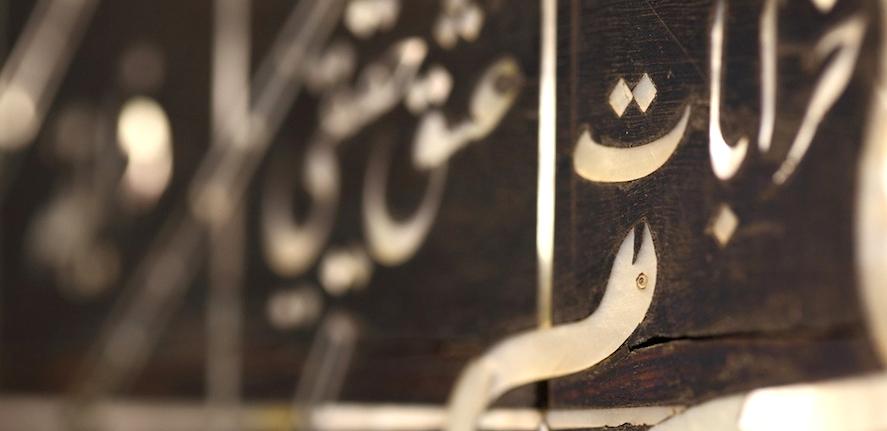
We require all undergraduates to take a language paper, chosen from New Testament Greek, Hebrew, Qur'anic Arabic, and Sanskrit.
"Traduttore, traditore" (translator, traitor); this Italian proverb gives one reason for this requirement: all translations interpose a layer of interpretation between the reader and the original text, and the purpose of your studies is to equip you to develop your own readings of key texts in your chosen field. Direct access to the scriptures of the major world religions is a key element in this process.
Even if you choose not to take your language study beyond the first year, you will have an understanding of the basic structures and concepts of the language which will enable you to pick up allusions in secondary literature. You will have a connection to those scholars of the past who are studied across all the Faculty’s subject areas, who were steeped in the classical languages and whose writings often assume a similar knowledge in their readers. You will also have learned how to learn a language, a skill that will remain with you for the rest of your life.
The Faculty teaches all languages from scratch: no prior knowledge is expected or assumed. There are three hours of Faculty class teaching per week for elementary (A1) papers. You will be taught in small, friendly classes where there are plenty of opportunities to ask questions, and your learning can also be supplemented by supervisions (small group teaching, one-to one, or in pairs) organised by your College Director of Studies.
Students who enjoy languages may continue their study for all three years of the course, and can add a second language in their second year if they wish. In the second and third years (B1 and C1) students continue to develop their reading skills by study of more complex texts, and also consider exegetical, theological and literary questions.
